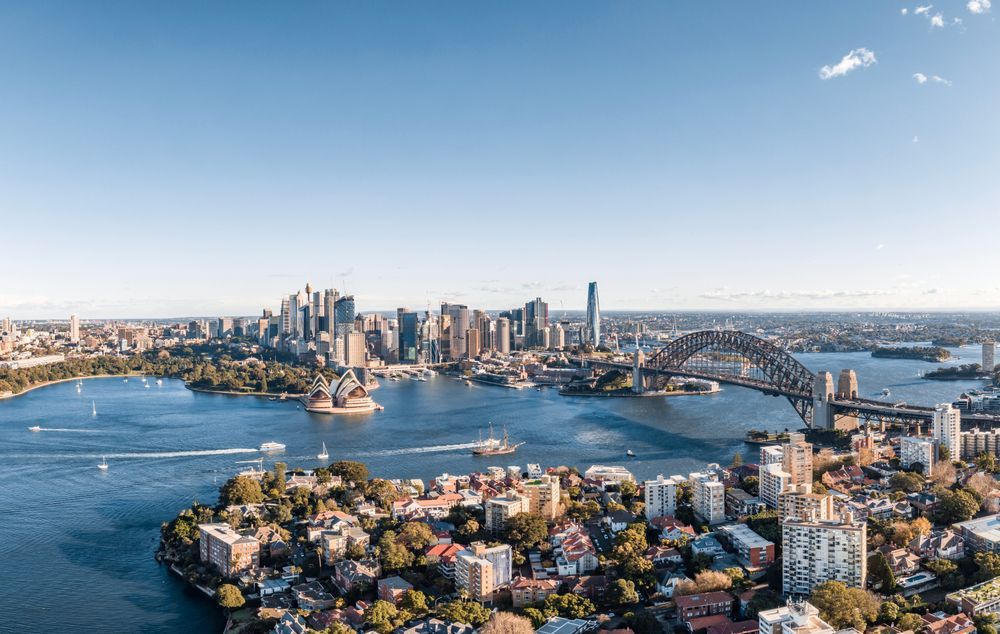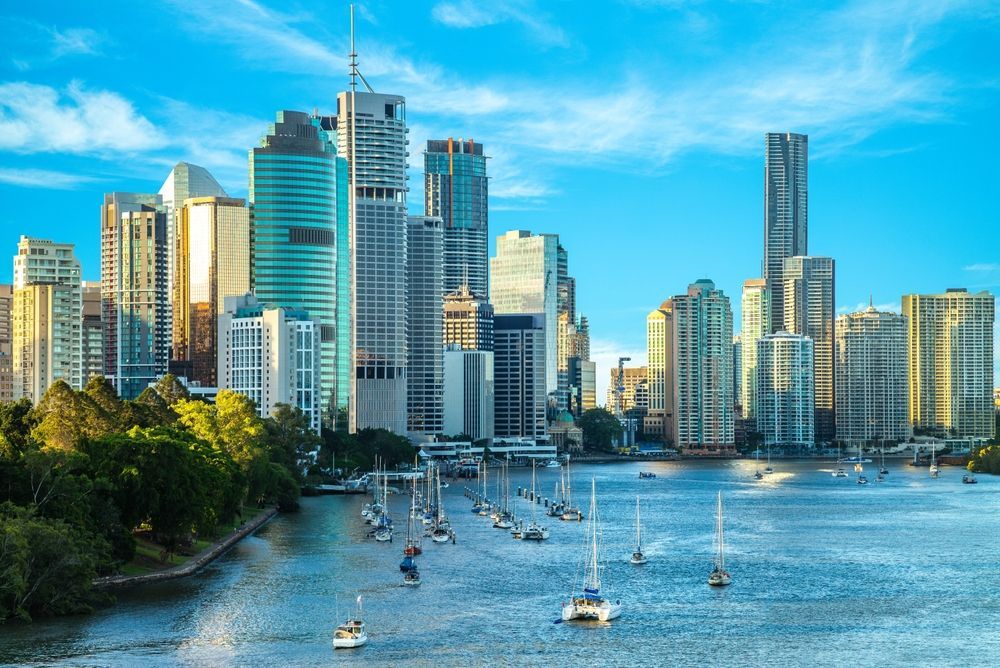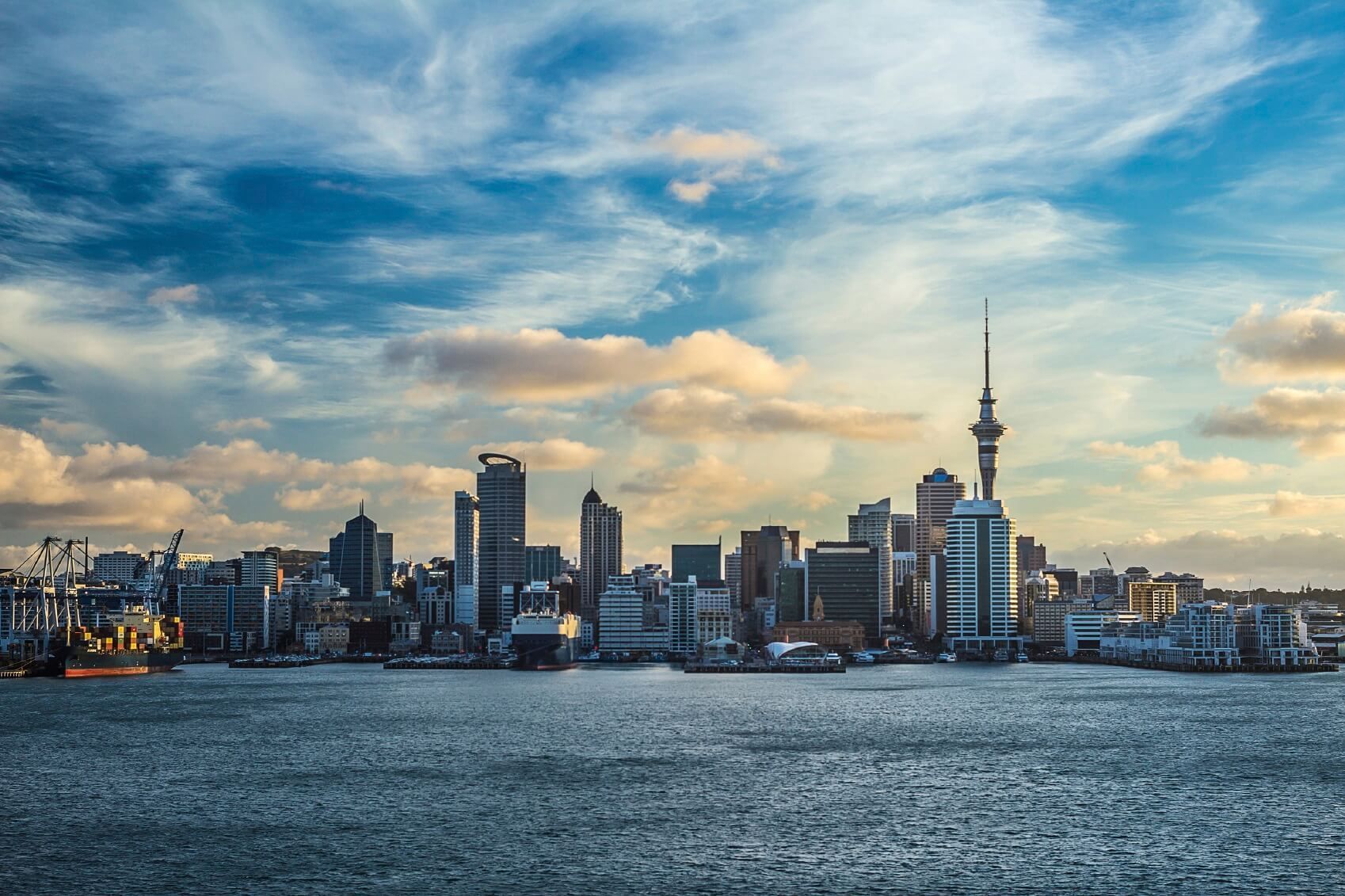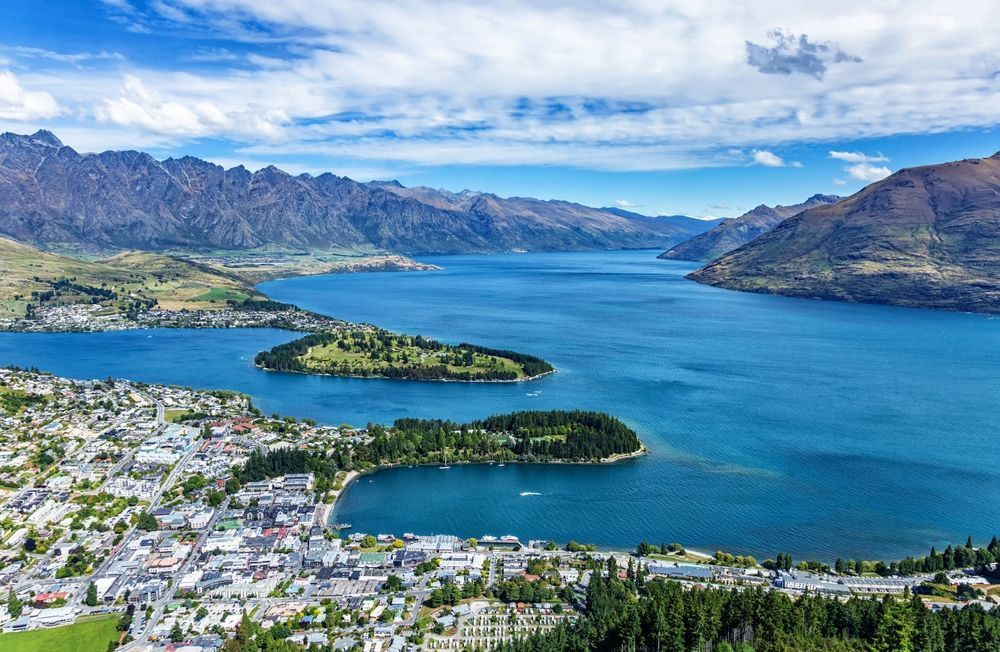New Zealand Anaesthesia Technician Shortage Causes Surgical Backlog
New Zealand has a shortage of qualified anaesthetic technicians and the the Chair of RACS’ Aotearoa New Zealand National Committee (AoNZNC) believes this is the primary cause of the surgical backlog in all of the College's 9 surgical specialties.
New Zealand records 25-30% reduction in elective surgical procedures
The latest available figures from Te Whatu Ora Health NZ show there were 30,000 people waiting longer than the four month target for their elective surgery procedures at the end of October 2022. Despite the formation of the Planned Care Taskforce to cut national surgical waiting lists in May 2022, the number of people waiting for surgical procedures has risen by a further 10% and the Royal Australasian College of Surgeons noted that there was an annual reduction in elective surgical procedures of 25-30% affecting all of the 9 surgical specialties of the College.
Initiatives were taken to increase the capacity for elective surgery with a distinct geographical variation in outcome. Counties Manukau fared relatively well with just 20% of patients waiting longer than the target four months for surgery but in Taranaki, Northland and Mid Central, the figure was triple that at 60%.
Te Whatu Ora national director hospital and specialist services Fionnagh Dougan said in a statement that "Marked improvements are going to take some time as new systems and processes are bedded in."
Covid-19 continued to stretch capacity in the heathcare system, and a reduced amount of planned care had been delivered since October 2022 due to factors including workforce shortages in key areas, increased staff sickness and absences and continued pressure on hospitals where people needing urgent care must be prioritised.
Initiatives to be implemented include
- increasing additional surgical capacity further
- book and treat patients waiting more than 365 days for inpatient elective surgery
- prioritising Māori and Pacific people.
- expediting inpatient surgical discharges
- increasing minor procedures and non-surgical interventions
Royal Australasian College of Surgeons blames shortage of anaesthetic technicians for reduced elective surgery
The Royal Australasian College of Surgeons (RACS) predicts that the trend of reduced elective surgery will continue without urgent interventions.
The Chair of RACS’ Aotearoa New Zealand National Committee (AoNZNC), Associate Professor Andrew MacCormick, stated that the primarily factor causing the problem is the lack of anaesthetic technicians (ATs). He commented “Surgery is a team sport. As surgeons we rely on a number of highly-skilled specialists around us to ensure patient safety. When we have gaps in our team, it means cancellations and delays and those have severe consequences for our patients in terms of quality of life.”
He cites two factors as instrumental in creating the shortage of Anaesthetic Technicians; the change in training and the cost of living. Many Anaesthetic Technicians are being attracted to the private sector which may offer more lucrative employment prospects than the public healthcare system and to the smaller regional centres which offer a cheaper cost of living and more relaxed lifestyle with short commutes to work and lower property prices.
The anaesthetic technician training, initially an n-site apprentice-style system was changed to a three-year degree course.
Associate Professor MacCormick believes that healthcare workers are part of a global workforce which offers both a challenge and an opportunity to New Zealand. The healthcare system in Aotearoa New Zealand has a lot going for it and has the potential to compete with other countries to retain and attract these skilled professionals.
The College has met with the Australian and New Zealand College of Anaesthetists (ANZCA) to discuss the issue. The two medical colleges have also consulted with Dr Andrew Connolly, Te Whatu Ora Counties Manukau Chief Medical Officer and Chair of the government’s Planned Care Taskforce.
Associate Professor MacCormick believes that while the recommendations of the Planned Care Taskforce, released last year, are an excellent start, they need to be underpinned by workforce sustainability measures. These should initially define the workforce requirements for Aotearoa New Zealand across the healthcare sector and then progress to working to ensure the training and recruitment of sufficient appropriately qualified people within each field, from doctors and nurses, to radiographers and anaesthetic technicians.
Short term measures could prioritise the evaluation of remuneration packages for anaesthetic technicians in comparison with other comparable countries, overseas recruitment drives, adjustment of immigration settings, and a more staged move to a new training regime.
Anaesthetic Technician Jobs in New Zealand
New Zealand has jobs available for anaesthetic technicians across the country, North and South Islands. If you are interested to work in New Zealand, please
contact us or
register your CV. You can
search for advertised jobs and apply on line.
27 January 2023
Share this post on Social Media
Leave a Comment
SEARCH JOBS
Ready for a change? Whether you’re looking for higher compensation, greater autonomy, a better work-life balance, or just a change in scenery, we have job opportunities in wonderful locations across the world. Start your medical or dental job search today and embark on your next career move.
SIGN UP FOR JOB ALERTS
We believe everyone deserves to find their dream job. Be the first to hear about new practice opportunities in exciting locations across the world Simply sign up for job alerts in your chosen field, and we will email you when a new job in your specialty becomes available.


















